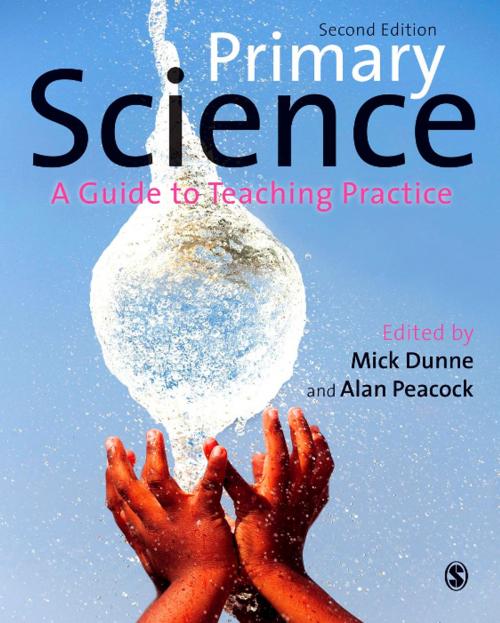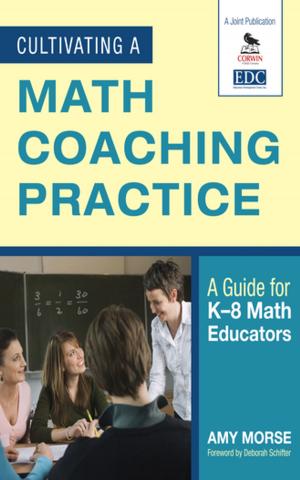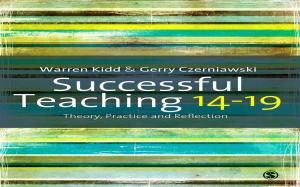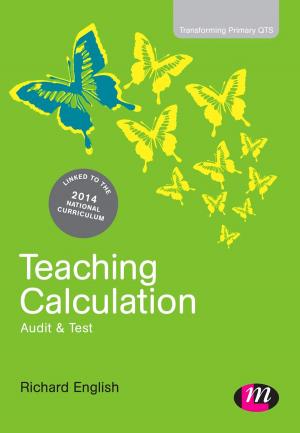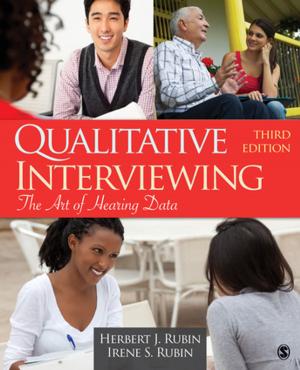Primary Science
A Guide to Teaching Practice
Nonfiction, Reference & Language, Education & Teaching, Teaching, Teaching Methods| Author: | ISBN: | 9781473911628 | |
| Publisher: | SAGE Publications | Publication: | November 7, 2014 |
| Imprint: | SAGE Publications Ltd | Language: | English |
| Author: | |
| ISBN: | 9781473911628 |
| Publisher: | SAGE Publications |
| Publication: | November 7, 2014 |
| Imprint: | SAGE Publications Ltd |
| Language: | English |
Why is science hard to teach? What types of scientific investigation can you use in the primary classroom?
Touching on current curriculum concerns and the wider challenges of developing high-quality science education, this bookis an indispensable overview of important areas of teaching every aspiring primary school teacher needs to understand including: the role of science in the curriculum, communication and literacy in science teaching, science outside the classroom, transitional issues and assessment.
Key features of this second edition include:
• A new chapter on science in the Early Years
• A new practical chapter on how to work scientifically
• Master’s-level ‘critical reading’ boxes in every chapter linking topics to relevant specialist literature
• Expanded coverage of creativity, and link science to numeracy and computing
This is essential reading for all students studying primary science on initial teacher education courses, including undergraduate (BEd, BA with QTS), postgraduate (PGCE, School Direct, SCITT), and also NQTs.
Mick Dunne is Senior Lecturer in Science Education at Manchester Metropolitan University
Alan Peacock is Honorary Research Fellow at the University of Exeter
Why is science hard to teach? What types of scientific investigation can you use in the primary classroom?
Touching on current curriculum concerns and the wider challenges of developing high-quality science education, this bookis an indispensable overview of important areas of teaching every aspiring primary school teacher needs to understand including: the role of science in the curriculum, communication and literacy in science teaching, science outside the classroom, transitional issues and assessment.
Key features of this second edition include:
• A new chapter on science in the Early Years
• A new practical chapter on how to work scientifically
• Master’s-level ‘critical reading’ boxes in every chapter linking topics to relevant specialist literature
• Expanded coverage of creativity, and link science to numeracy and computing
This is essential reading for all students studying primary science on initial teacher education courses, including undergraduate (BEd, BA with QTS), postgraduate (PGCE, School Direct, SCITT), and also NQTs.
Mick Dunne is Senior Lecturer in Science Education at Manchester Metropolitan University
Alan Peacock is Honorary Research Fellow at the University of Exeter
